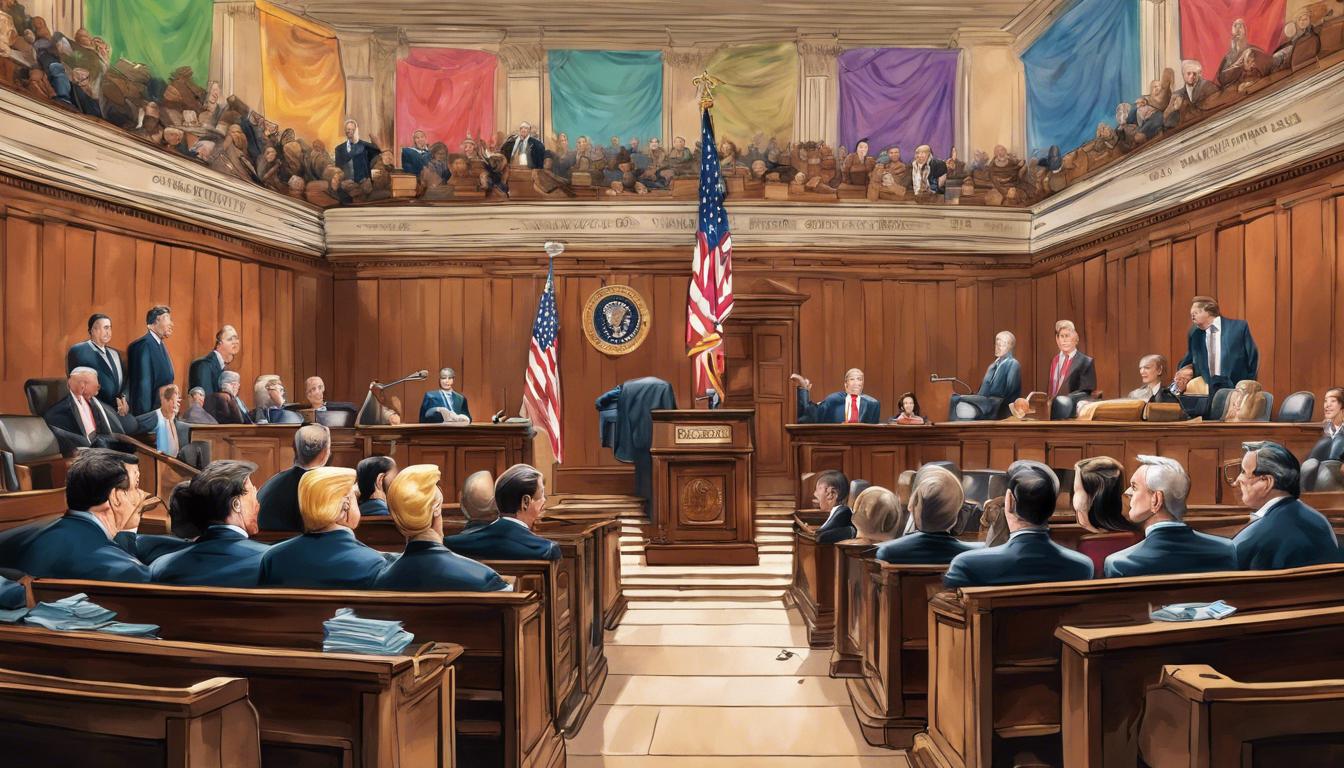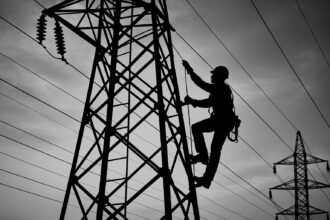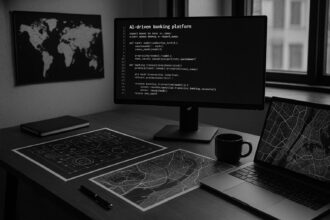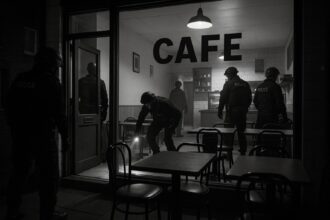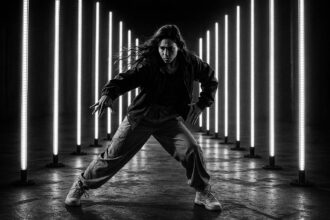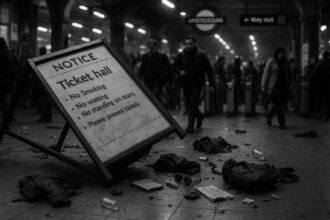Former U.S. President Donald Trump is set to be the first in history to stand trial for criminal charges, following allegations tied to payments made during the 2016 election campaign.
Former U.S. President Donald Trump is scheduled to stand trial starting Monday in a historic legal proceeding, known as The People of the State of New York v Donald J Trump. This trial marks the first time an American president will face criminal charges in court. The charges relate to allegations that Trump falsified business records to conceal a payment to adult film actress Stormy Daniels during the 2016 election in an effort to suppress information that might have damaged his candidacy.
Set to take place in Manhattan, the trial centers on accusations that Trump engaged in a scheme to influence the 2016 election outcome by orchestrating hush money payments. Key witnesses expected to testify include Stormy Daniels, former Trump attorney Michael Cohen, and possibly Trump’s former communications chief, Hope Hicks.
If convicted, Trump faces the possibility of a significant prison sentence, although specific sentencing would depend on various factors, including the judgments of Judge Juan Merchan who is presiding over the case. New York laws cap sentencing at 20 years, but Trump’s total exposure could exceed this, pending judicial discretion.
The trial is not only significant for its content but also for its timing, occurring before Election Day, raising questions about the implications of a potential conviction for Trump’s political future. Moreover, this trial is among several legal challenges Trump is concurrently facing across multiple states, which involve varied accusations including further election interference.
Security protocols, such as Secret Service protection in the event of a prison sentence for Trump, are also under discussion, highlighting the unique circumstances of prosecuting a former president. The outcome of this trial could have profound implications on Trump’s future political and personal life.


